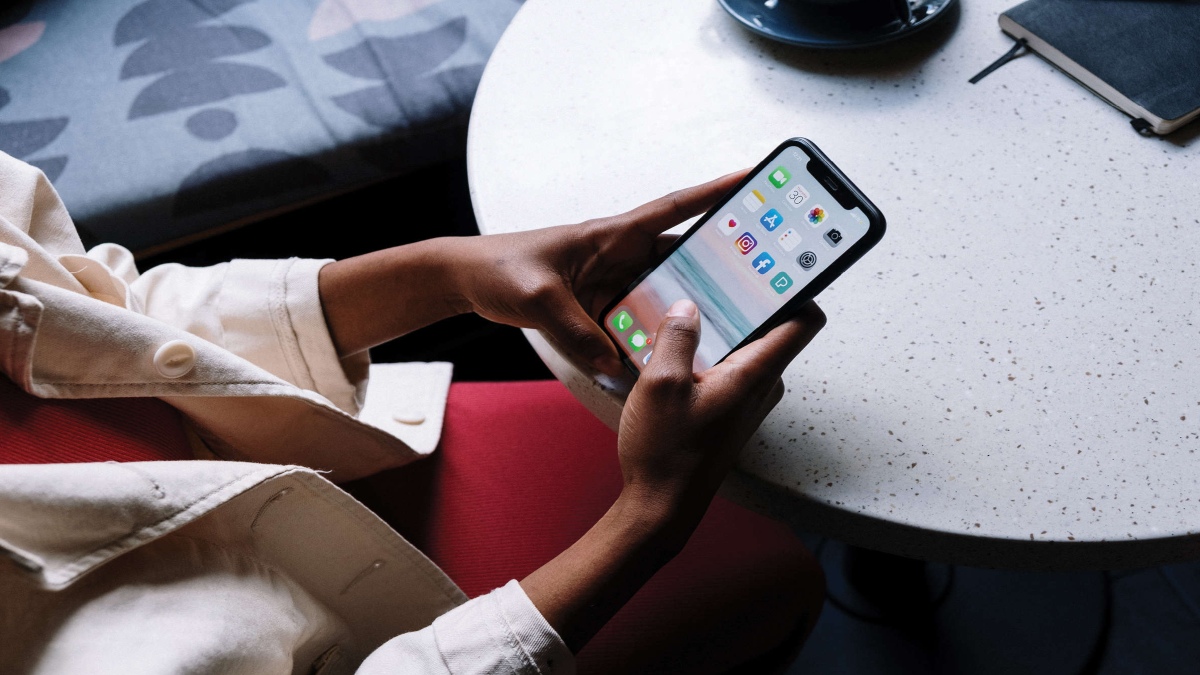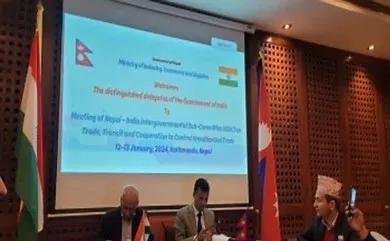There are two ways that our changing world has affected relationships for everyone but more especially for millennials. Relationships with the family, with friends, and even romances are affected. The first cause for this is the advancement of technology and the second is the Covid-19 pandemic. Even before the pandemic, the new technologies had shaped our world, and particularly affected the world of the millennials.


Youngsters these days spend a lot of time online on Facebook and Instagram aside from other platforms. On the one hand, this is great for relationships for you could conceivably connect with someone on the other side of the planet who shares similar interests. At the same there is the danger of ignoring the here and now— and I don’t only mean bringing your smartphone to the dinner table. You don’t want to keep the people who are part of your daily life, be it parents, friends or siblings, waiting endlessly, while you excitedly track down how many likes and shares you are getting for a particular post or engage with someone living in another city or country.
I remember picking up one of the Wimpy Kid books for my niece from the airport, which I read during the course of a flight from Dubai to Delhi. Now this particular book has an interesting storyline. The Wimpy Kid’s mother feels that her kids are too immersed in their smartphones and tablets; and so, she decides that one day in a week the family will have togetherness time and all electronic devices ranging from the smartphone down to the TV will be shut down. Incidentally Sapiens author Yuval Noah Harari, made a similar suggestion a few months ago. Anyhow, coming back to the Wimpy Kid, the story has a very interesting, and to my mind, appropriate twist towards the end. The mother cannot find the Wimpy Kid who has wandered off into the forest, but she manages to track him down through a tracking device she had installed in one of his shoes. Meaning that we cannot get rid of this technology; it is there to stay.
The Wimpy Kid is in a way a metaphor for how younger people across the world have become more indoor oriented because of technology. If technology had made millennials more housebound, the arrival of this new deadly virus has compounded the problem. Earlier parents may have been telling their children to leave their computer and go out and play a game or sport. Now they say, it’s better if you stay at home, and if you do go out wear a mask and keep a safe distance from others.
I recently met my nephew Dhruv and his wife Aarushi after a long time. Now Dhruv got married just a month before the onset of the pandemic. Both of them are working professionals and they were both asked by their companies to work from home, the same as I myself have been doing, in my job with the United Nations. When I asked Dhruv how they were doing he said something interesting. He said, “We are together all the time, 24 7, day and night, seven days a week. With this much proximity if you can still manage to like being together, it means that your relationship is really working.”
Dhruv and Aarushi were lucky, but the news has not been so good all around. Young and old married couples around the world have found it a challenge to be together all the time. In France there were so many cases of domestic violence as a result of enforced togetherness that the President ordered various hotels to be commissioned that could serve as places for women to stay in – women who had been abused or beaten by their husbands. Too much physical togetherness can be a problem but for some millennials, the problem was just the reverse. It was to get to physically meet their girlfriend or boyfriend, as the case may be during the time of Covid-19 restrictions. During the worst phase of the pandemic, when meeting people was discouraged, I came across this case in my neighborhood, where the boy told his girlfriend: “Let’s meet up at Mother Diary. We can chat with each other while we are in the queue, shopping for vegetables.”
Where do millennials go to for advice on relationship issues? In the past they could have confided in an elder but these days they often hesitate because the times we are living in are so different from those when their elders were young. Their viewpoints, and world view are also often very different. There are online resources millennials can turn to, or they could take advice from friends but one other place to turn to for advice and learning is books.
My new novel Star-Crossed Lovers in the Blue: Love in the Time of Corona, discusses some of the challenges faced by millennials. In fact, the story itself is about how the two main protagonists in the story, the merman Arj and the mermaid Utir, overcome various problems and obstacles to be together again. In the words of a reviewer, the story talks about love, joy, sadness, anger, trust, fear, mystery, everything in parts. The novel takes the reader through a roller coaster of emotions and discusses important issues concerning relationships, including the importance of trust. For instance, Arj is heartbroken when the love of his life, Utir apparently betrays him, but somewhere, deep-down, he trusts that she would not have done what she did unless there had been a compelling reason for her to do so. It is this very trust that takes him across the world’s oceans in search of Utir, and a potential happy-ending. No spoilers here!
The writer is the author of the book, Star-Crossed Lovers in the Blue. The views expressed are personal.
I remember picking up one of the Wimpy Kid books for my niece from the airport, which I read during the course of a flight from Dubai to Delhi. Now this particular book has an interesting storyline. The Wimpy Kid’s mother feels that her kids are too immersed in their smartphones and tablets; and so, she decides that one day in a week the family will have togetherness time and all electronic devices ranging from the smartphone down to the TV will be shut down. Incidentally Sapiens author Yuval Noah Harari, made a similar suggestion a few months ago. Anyhow, coming back to the Wimpy Kid, the story has a very interesting, and to my mind, appropriate twist towards the end. The mother cannot find the Wimpy Kid who has wandered off into the forest, but she manages to track him down through a tracking device she had installed in one of his shoes. Meaning that we cannot get rid of this technology; it is there to stay.























